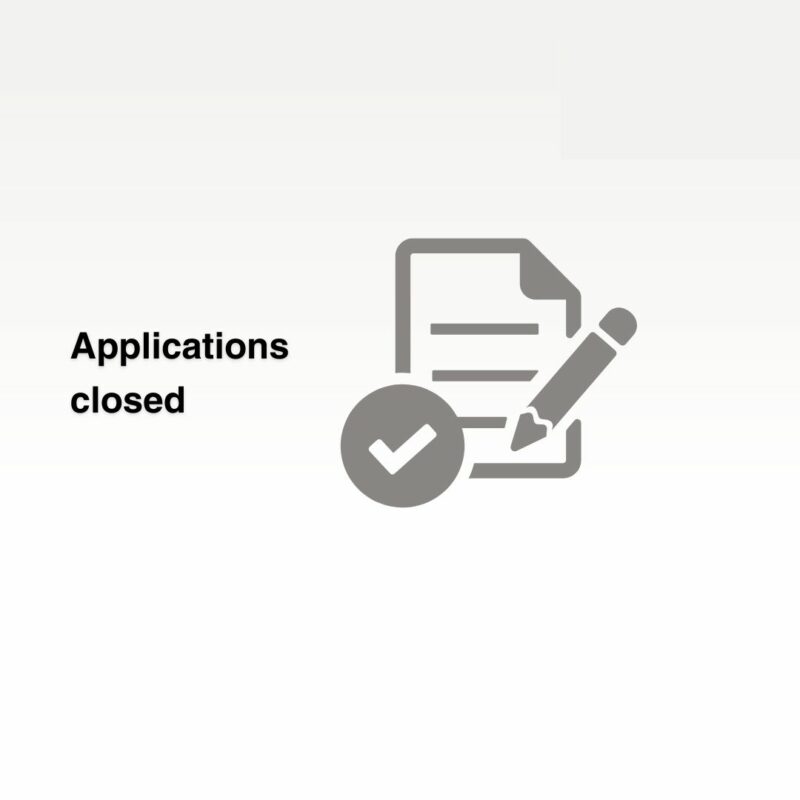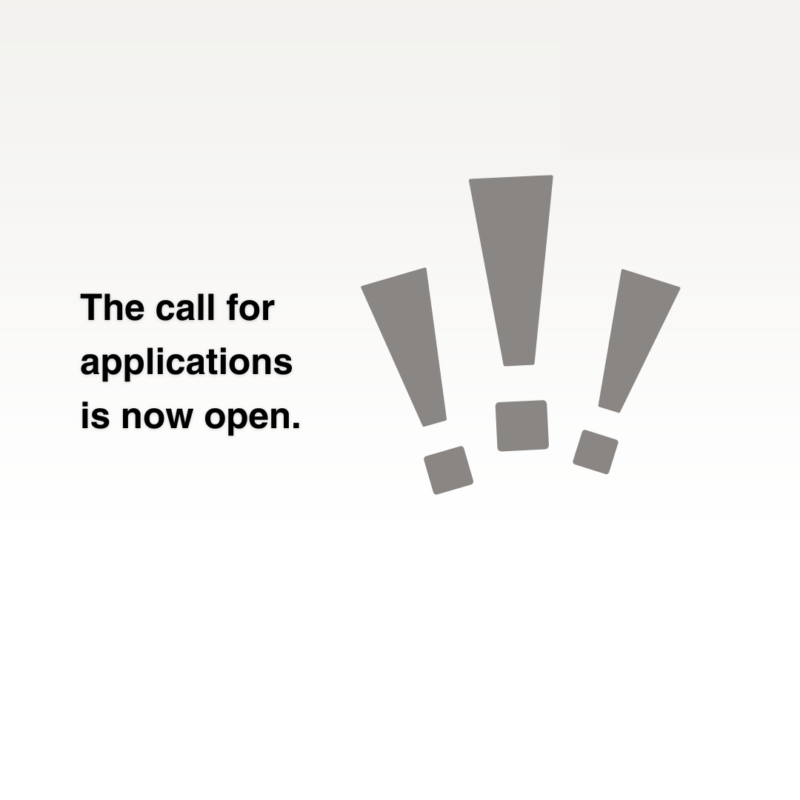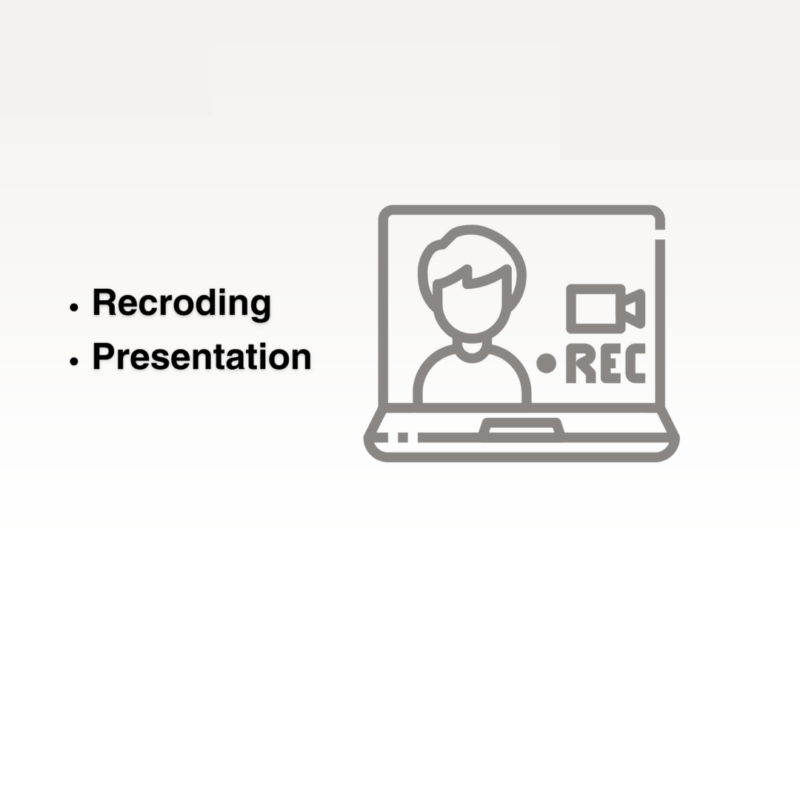We would like to thank all the organizations that actively participated in the 1st Edition of the POP Fund Grant Competition for “small projects”. In this edition, we awarded funding to 16 projects that will support Ukrainian refugees in Poland and the hosting communities.
A total of 135 applications were submitted from all over Poland. Of the total number of applications, 83% (112 applications) were qualified for substantive assessment, while 17% (23 applications) did not meet the formal evaluation requirements.
The substantive assessment was carried out by external experts, with each application being assessed by two independent individuals. Subsequently, their ratings were averaged. The maximum score was 94 points.13 applications 13 applications failed to meet the substantive criteria and were therefore rejected, either because they did not fit the thematic priorities of the POP Fund or because the project beneficiaries did not include at least 50% of Ukrainian refugees. 24 applications, which received the highest score, i.e. exceeded 80 points, were discussed by the Competition Committee. According to the regulations, these applications were subject to the final decision on funding.
List of funded projects
The budget for the competition assumed funding for the top 10 proposals. However, after analyzing the projects rated highest by experts and consulting with the Steering Committee of the POP Fund, the Management Board of the PCPM Foundation decided to increase the funding pool. As a result, 16 top projects will receive a total amount of 784,385.80 PLN.
“The POP Fund was created to support organizations in a situation where securing funding for refugee assistance programs and host communities in 2024 is becoming increasingly difficult. With the needs of these organizations in mind, we decided to increase the budget for supporting applications in the 1st Edition of the POP Fund Grant Competition. Initially set at half a million Polish złoty, the budget has now been increased by nearly 60%. Among the submissions, we encountered highly interesting projects that align perfectly with the goals of the POP Fund. Leaving them unanswered was not an option, hence the decision to support a greater number of proposals”– explains Dr. Wojtek Wilk, CEO of the PCPM Foundation.
Below, we present the ranked list of projects for funding.
“The highest-rated projects stand-out with a set of features conducive to the effectiveness of planned aid actions. First and foremost, they demonstrate coherence in their approach, which aligns accurately with the needs of individuals at specific stages of the adaptive process. These needs are thoroughly identified and described by the applicants. Secondly, these projects constitute a sequence of well-thought-out, logically interconnected events that complement each other.” – explains one of the experts
Polish organizations across the country are eager to support Ukrainian refugees.
The competition revealed the deep commitment of Polish organizations to helping Ukrainians, with projects addressing a wide range of thematic priorities, from supporting children to caring for the elderly. We are particularly pleased to see the participation of organizations from smaller towns and villages, such as Garczyn in Pomerania and Zarzecze in the Podkarpackie region, whose projects were among the highest-rated.
“The submitted proposals in the competition aimed to support refugees in Poland across various aspects. Their number indicates that organizations recognize current needs and strive to address them. I am pleased that the POP Fund provides an opportunity to secure funding for aid initiatives. Naturally, among the proposals submitted for the competition, there were some that require refinement of the planned strategy or consideration of the recipients’ needs. I hope that in future competitions, the quality of applications will continue to improve, making the task of the evaluation team even more challenging.” – adds another expert.
Reflections from the pilot edition of the competition – tips for Applicants in future editions.
The pilot edition of the competition has provided valuable insights, and the competition committee has formulated several recommendations for future applicants. Here are some key points for those who will be submitting proposals in subsequent editions:
- A detailed needs analysis is fundamental to a successful project
The value of a good projects lies in accurately addressing the requirements of the project’s recipients. In the next edition of the competition, we encourage applicants to construct projects with greater care, ensuring they precisely meet the identified needs.
A desirable feature of projects is the use of the supported individuals. This involves planning actions based on a solid diagnosis that includes not only their needs and problems but also their strengths and preferences. The goal is to empower refugees, fostering their sense of worth and agency, while promoting self-reliance rather than dependence on external aid. A thoughtful approach combines help them not only with heart, but also with head, wisely” – explains the expert.
2) The main goal of the competition is to respond to the most urgent humanitarian needs.
POP Fund is a humanitarian fund that supports refugee aid programs in Poland and the communities that receive them in the following areas:
- Improvement of accommodation conditions
- Support for voluntary relocation of refugees from the mass accommodation centers
- Support to refugees facing barriers in accessing the labour market, including refugee women with children until the age of 7.
- Support to older (retired) refugees, and/or persons with disability.
- Support to inclusion and continuation of education of refugee children in the Polish schools.
- Support for refugees from other groups at risk of social exclusion, including ethnic minorities and sexual minorities.
“POP Fund focuses its funding on six areas that are the main challenge for refugees residing in Poland,” says Dr. Wojtek Wilk, CEO of PCPM Foundation.
Many projects submitted in the November POP Fund competition included elements of psychological support or extracurricular activities for refugee children “We are aware that psychological assistance for those affected by war and the refugee experience is still necessary. However, such initiatives are funded by several international organizations operating in Poland, including UNHCR and UNICEF. The most significant needs in terms of financial resources pertain to direct aid, such as refugee accommodation. Therefore, in future competitions, when it comes to psychological support actions and funding for extracurricular activities, we will specifically request a strong justification and a detailed description of beneficiaries’ needs,” adds Dr. Wojtek Wilk.
3) Transparency of Non-Governmental Organizations (NGOs)
Transparency regarding the funding of activities and the necessity of informing donors about the allocation of resources constitute the foundation for building collaborative relationships and social trust. Therefore, during the formal evaluation stage, we require applicants to publicly share documents such as financial reports and activity summaries.
Further steps and invitation to the next edition of the competition.
We will soon begin the process of signing agreements with organizations whose proposals have received funding. According to the competition rules, the evaluation of each proposal is final, and there is no possibility of appeal. Every participant has access to the merit-based assessment card in the Witkac system, where detailed explanations regarding the obtained score can be found.
For organizations that received a positive merit-based evaluation but require improvements in their proposals, we encourage them to review the feedback provided in the assessment card. Analyzing these suggestions will enhance their chances in the upcoming edition of the competition.
We would like to thank all organizations that submitted proposals. Congratulations to the authors of the highest-rated projects. Stay tuned for details about the next edition of the grant competition, which will cover small, medium, and large grants.



